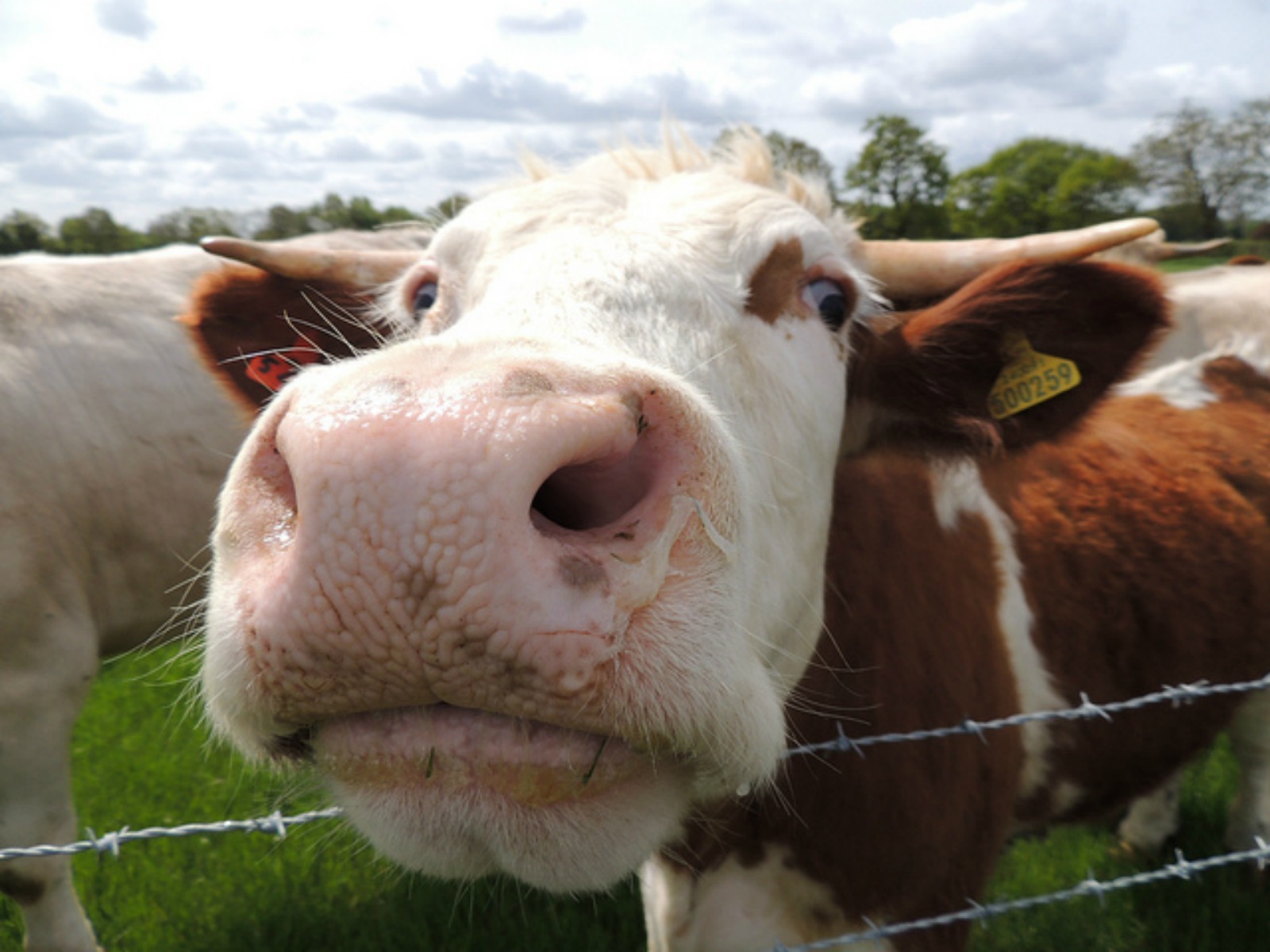If you follow the news about food, you’re no doubt aware that there’s a lot of concern over the impact of eating and raising meat, on both human health and the planet. A new study provides more to chew on: It suggests that if we halved our meat consumption by 2050, we could make huge emissions cuts and save millions of lives.
The Oxford University researchers who published their results in the Proceedings of the National Academy of Sciences don’t expect the whole world to suddenly switch to vegenaise. But they wanted to explore possible environmental and human health outcomes from different diets. So they started by assuming that more people in developing countries would be eating like meat-loving Americans — a logical assumption, since that’s the way the world is headed — then looked at what would happen if we somehow cut that projected meat consumption by half by the middle of this century.
Their conclusion: The world could cut greenhouse gas emissions from food (which currently make up a quarter of the total) by 29 percent, and save 5.1 million lives per year through reduced heart disease, cancer, stroke, and other illnesses associated with meat consumption.
Of course, this isn’t a one-size-fits-all kind of diet advice: There are places where livestock form an important part of the ecosystem, and where people are making real efforts to raise more sustainable meat. But for those of us with abundant food choices, this study provides more evidence that less meat makes more sense.




